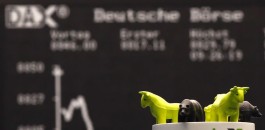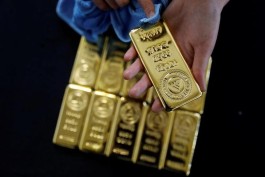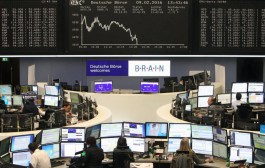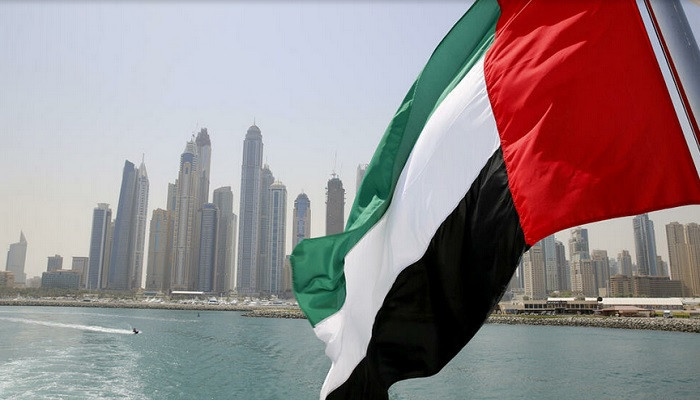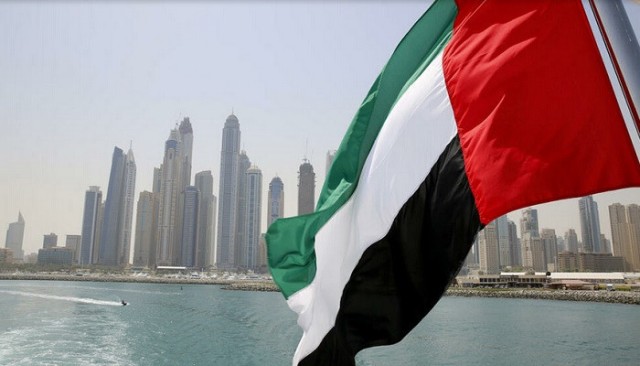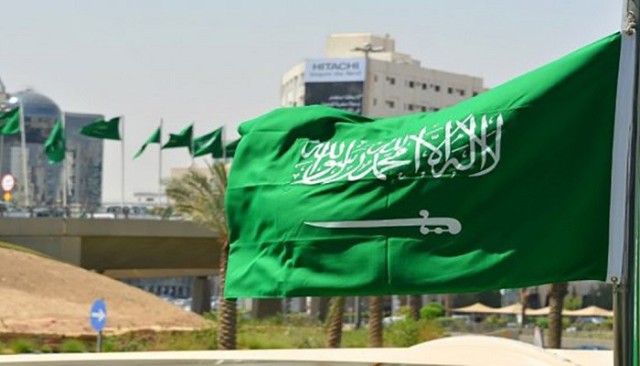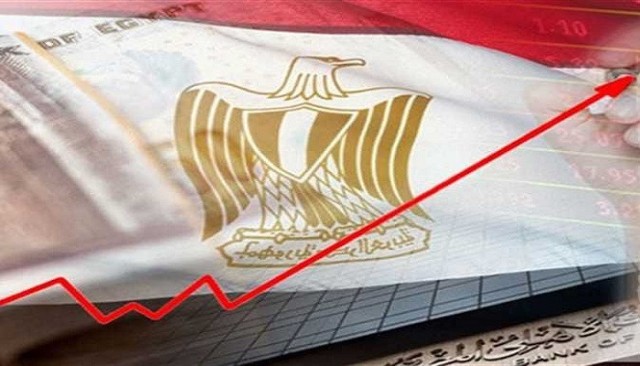The UAE non-oil private sector PMI fell in September for the first time in 3 months, with production costs rebounding slightly, but it remained at the second highest level since June of 2019.
The Purchasing Managers' Index for the Emirates, issued by Standard & Poor's Global, fell on Wednesday to 56.1 points last September, compared to 56.7 points in August 2022, when it recorded its highest level in 3 years.
Mainly, higher purchase prices and an increase in wage costs increased corporate spending in the UAE, while lower oil and other commodities kept cost inflation low, according to a Standard & Poor's report.
The report indicated that the strong growth in new business in the UAE continued to drive production and employment in September, although the growth rate of new orders fell slightly from August's highest level in 9 months.
Keeping prices within reach of customers also contributed to an increase in sales of most companies, with improved market conditions, and sales from abroad increased modestly.
According to the report, the high demand encouraged companies in the UAE to increase their trading activity sharply, although the rate of expansion slowed from the August level, which was the highest in 38 months.
Inventories of purchases rose strongly and at the fastest pace since August 2020, and purchases of production inputs rose to the maximum in more than 3 years, as companies in the UAE sought to increase stocks of raw materials with expectations of continued strength in new orders.
Production forecasts in the UAE improved for the first time since June, but remained much weaker than the long-term trend.


















